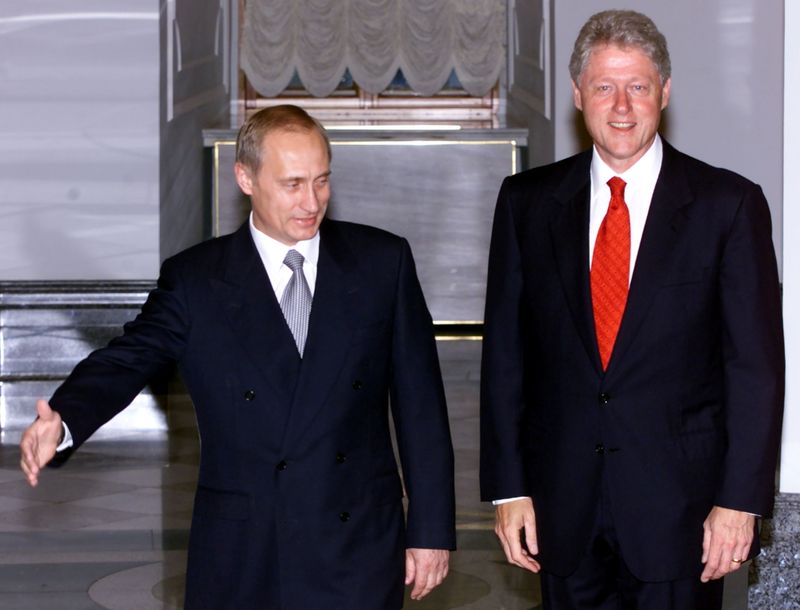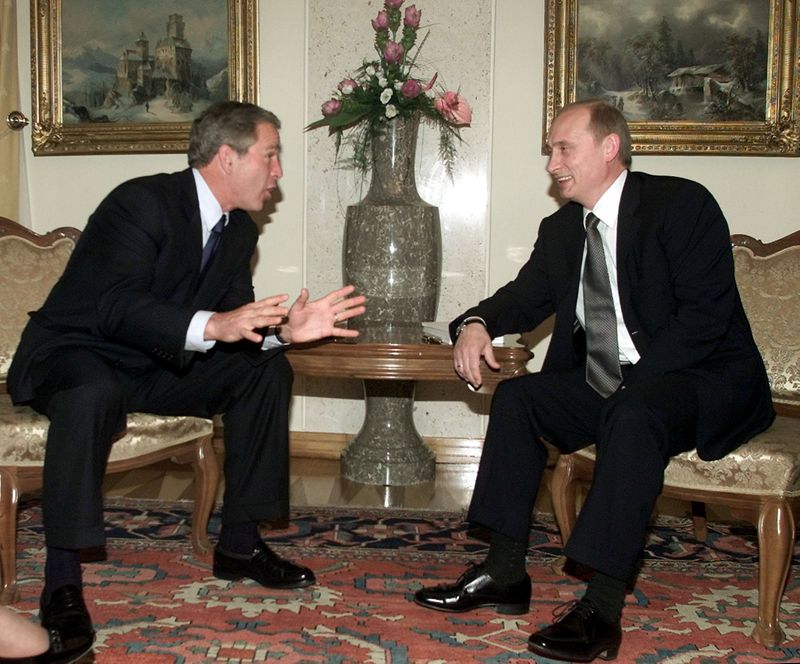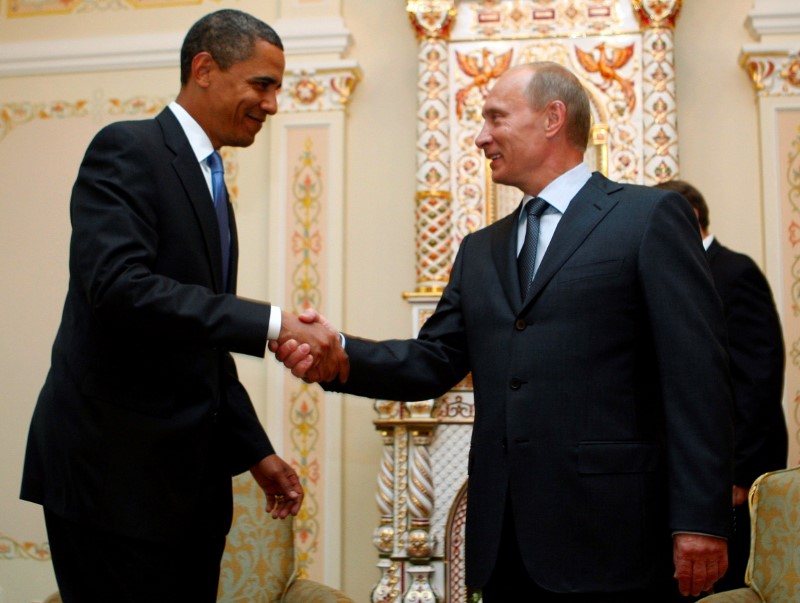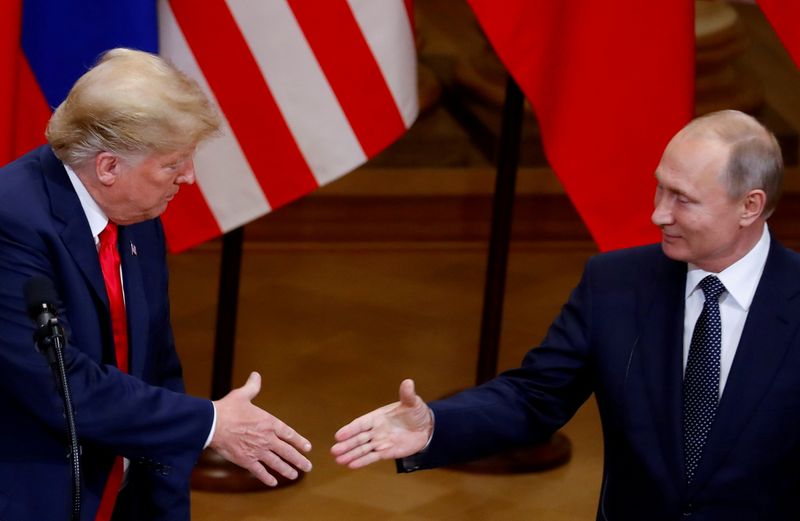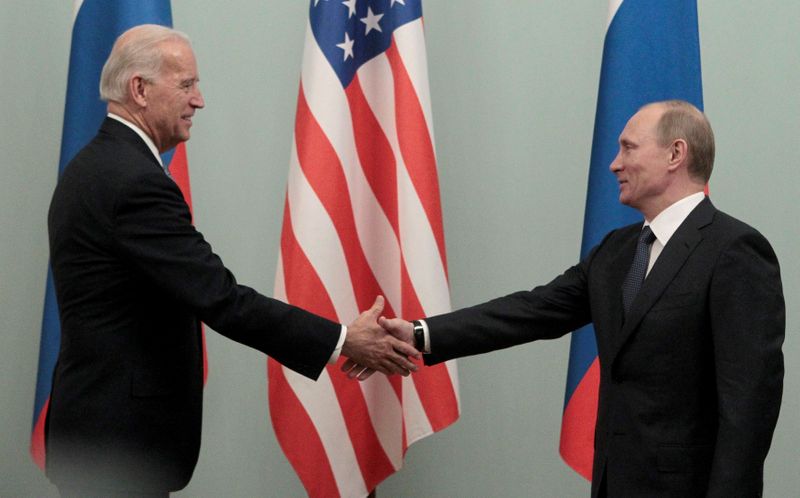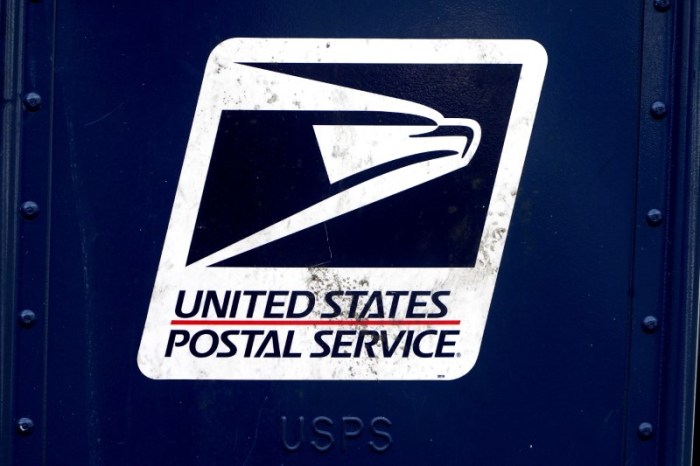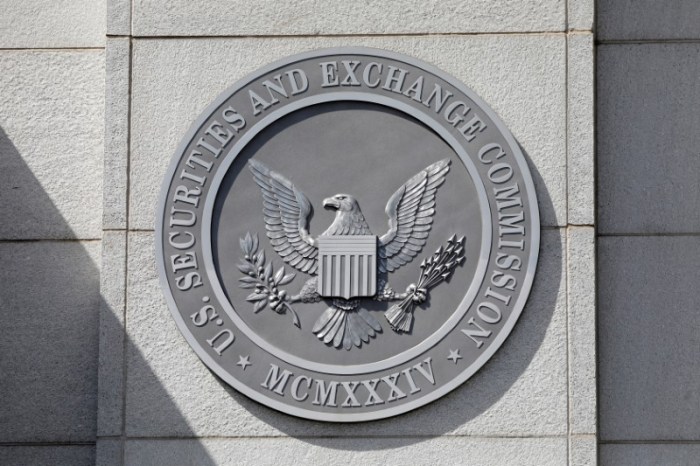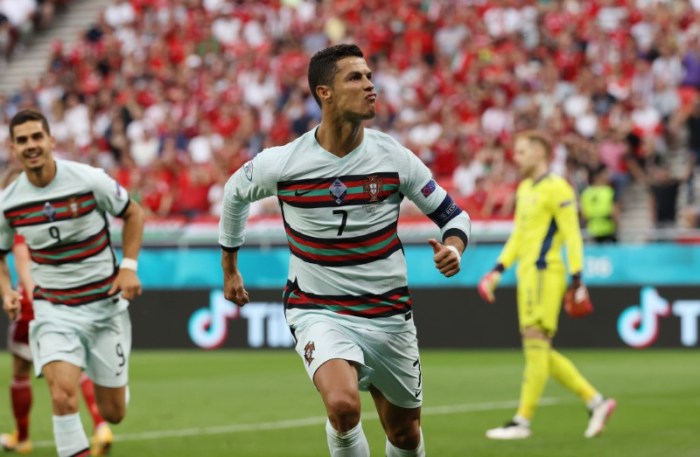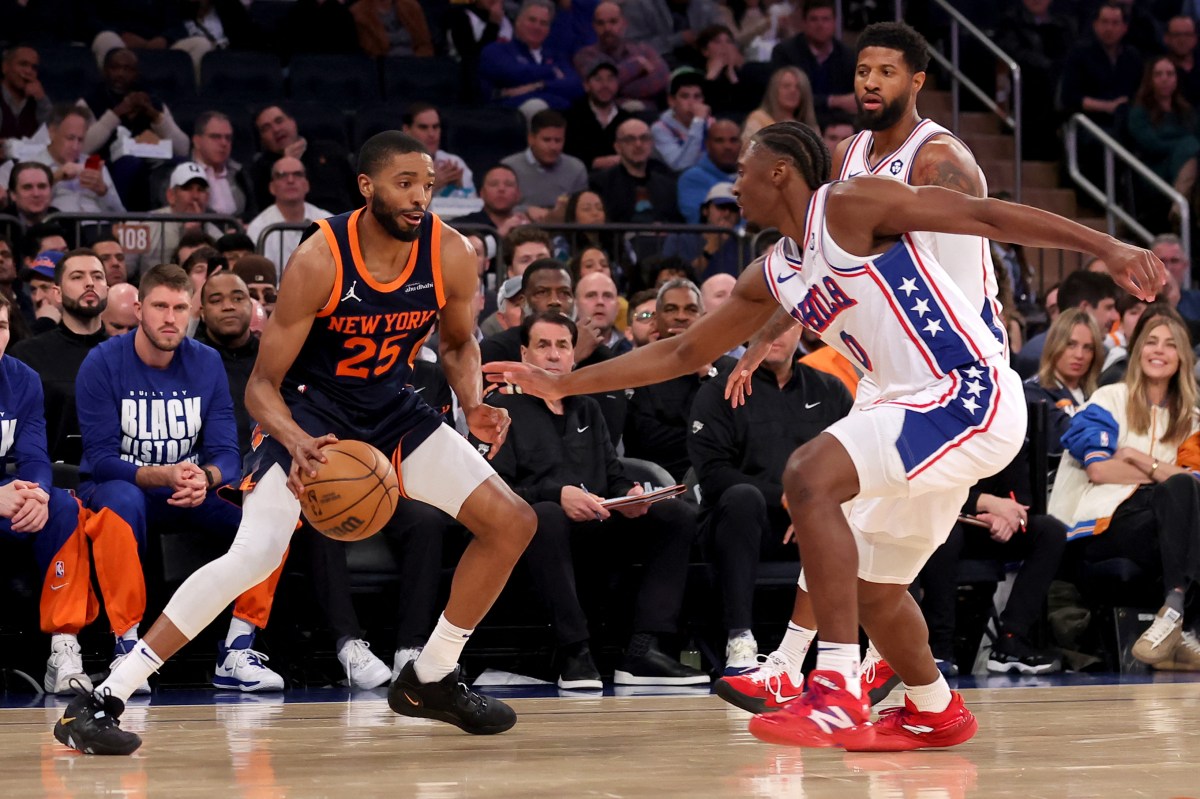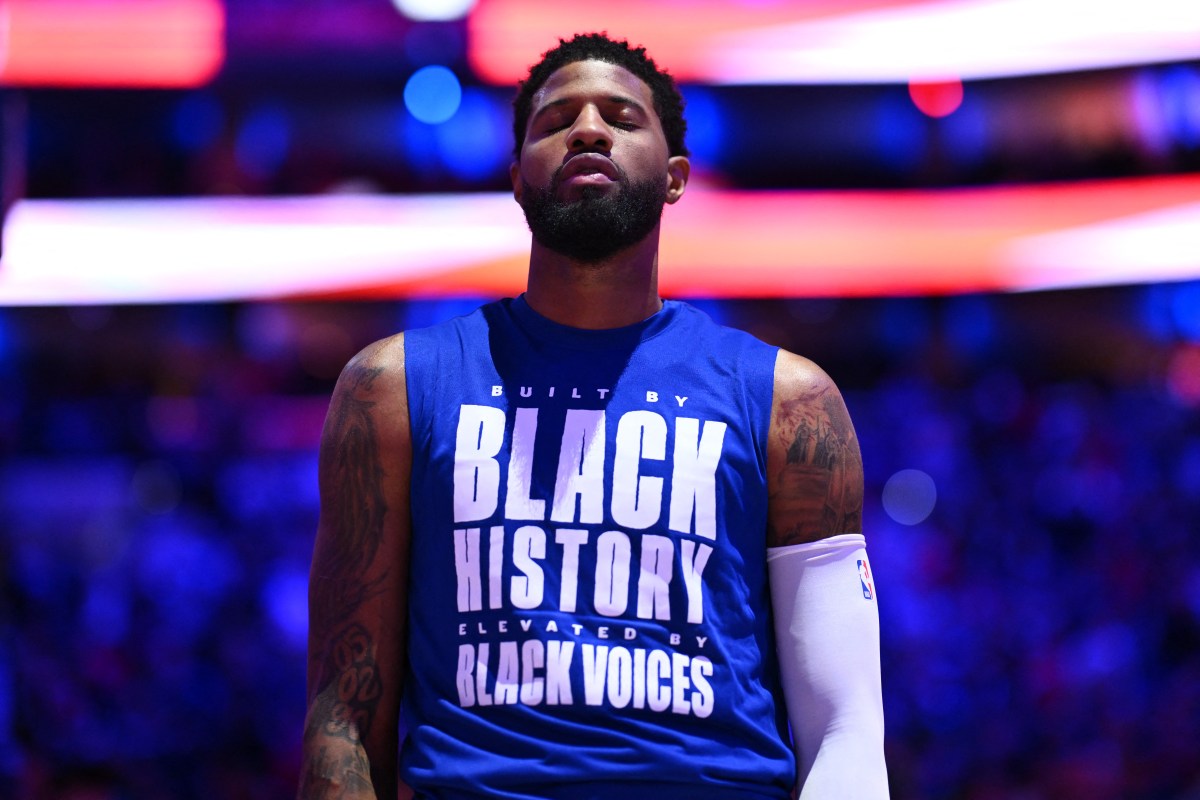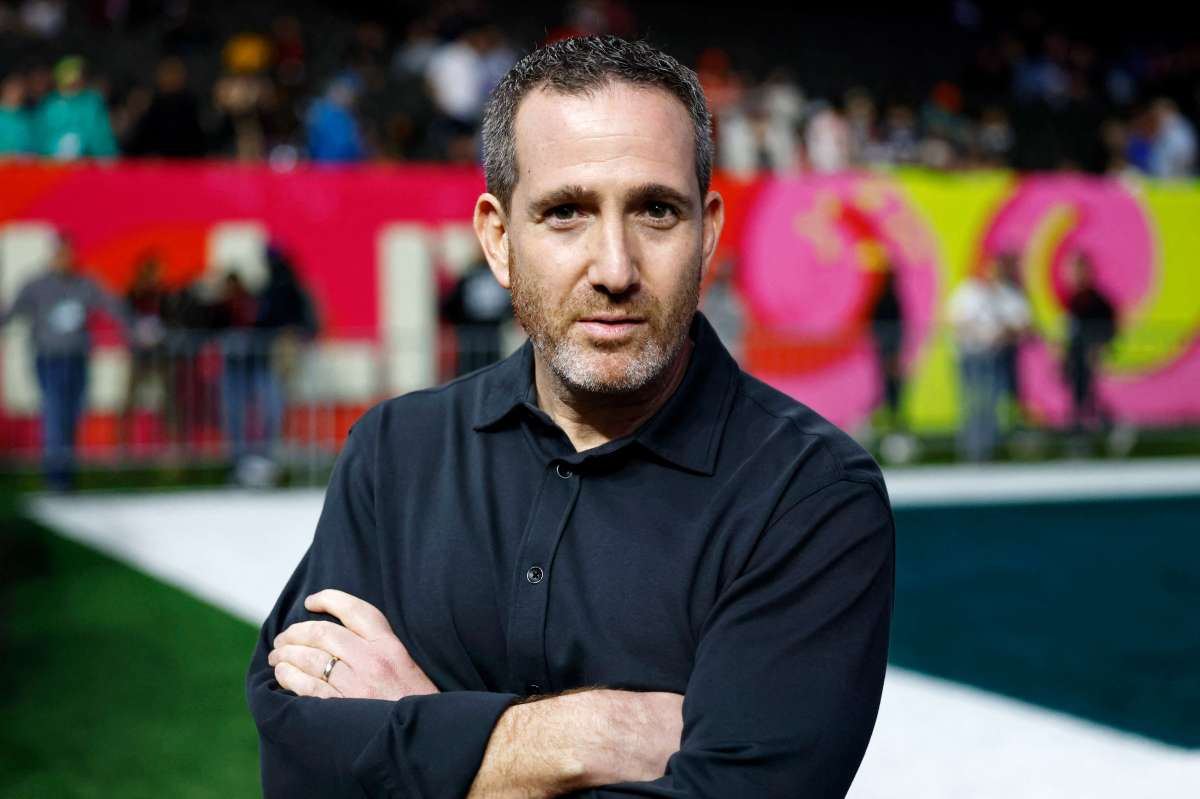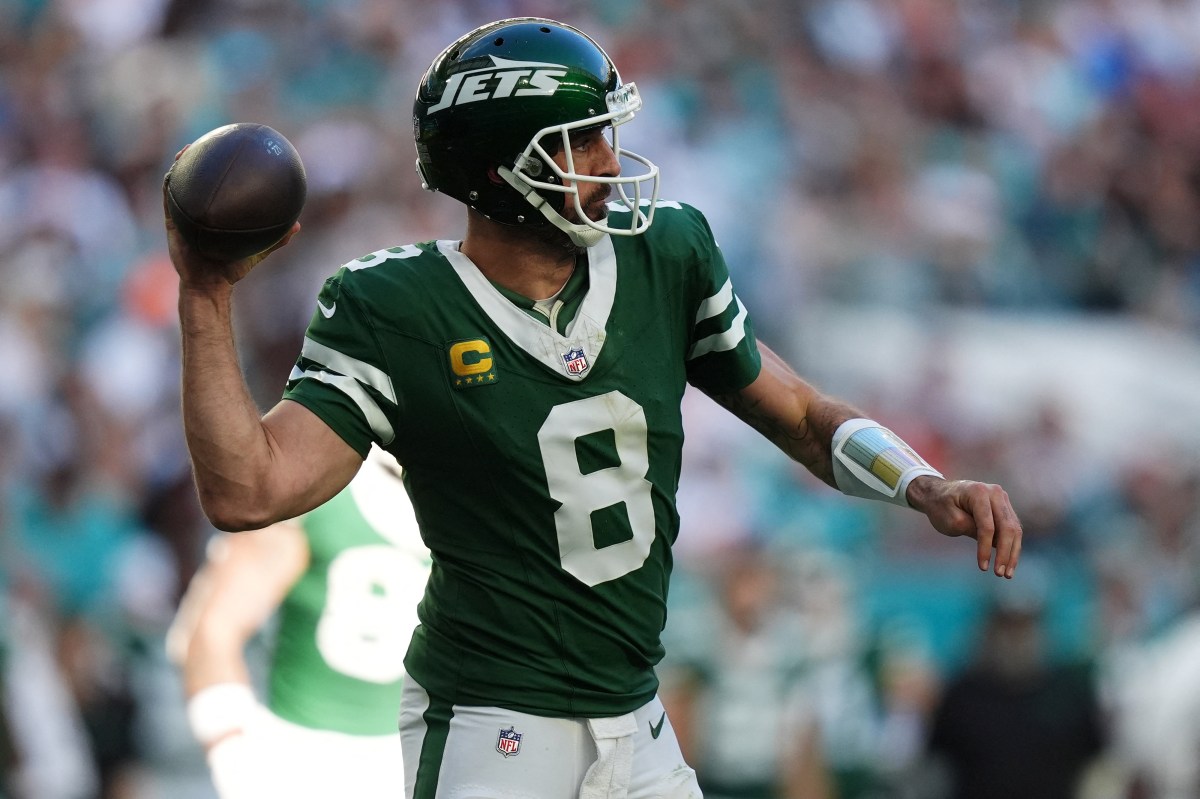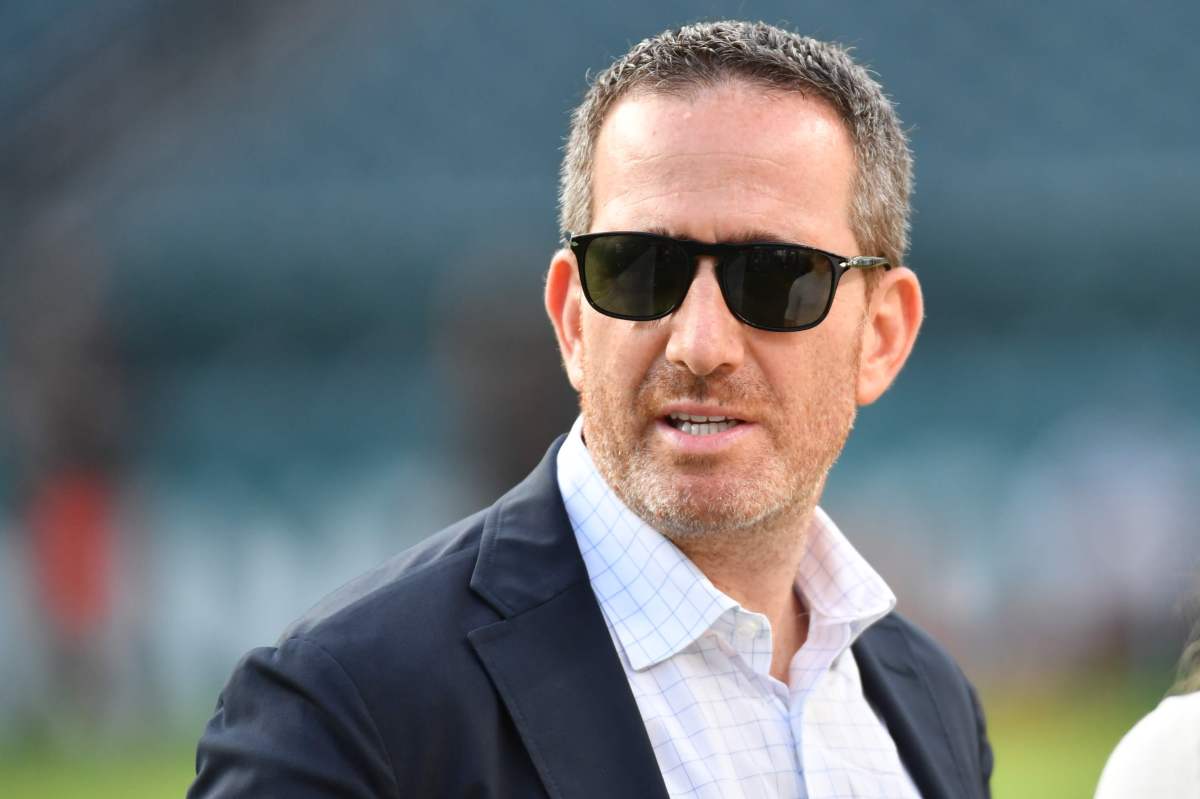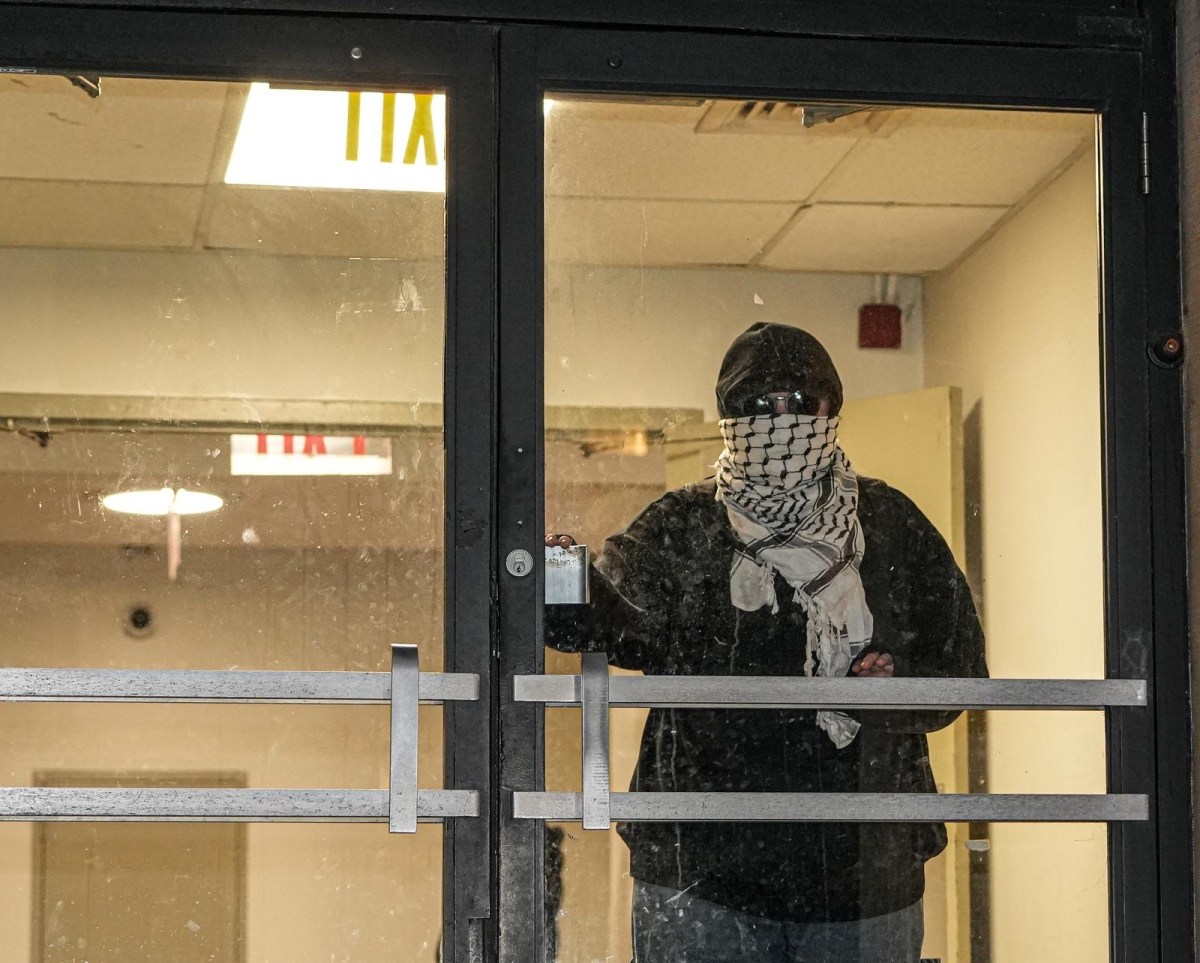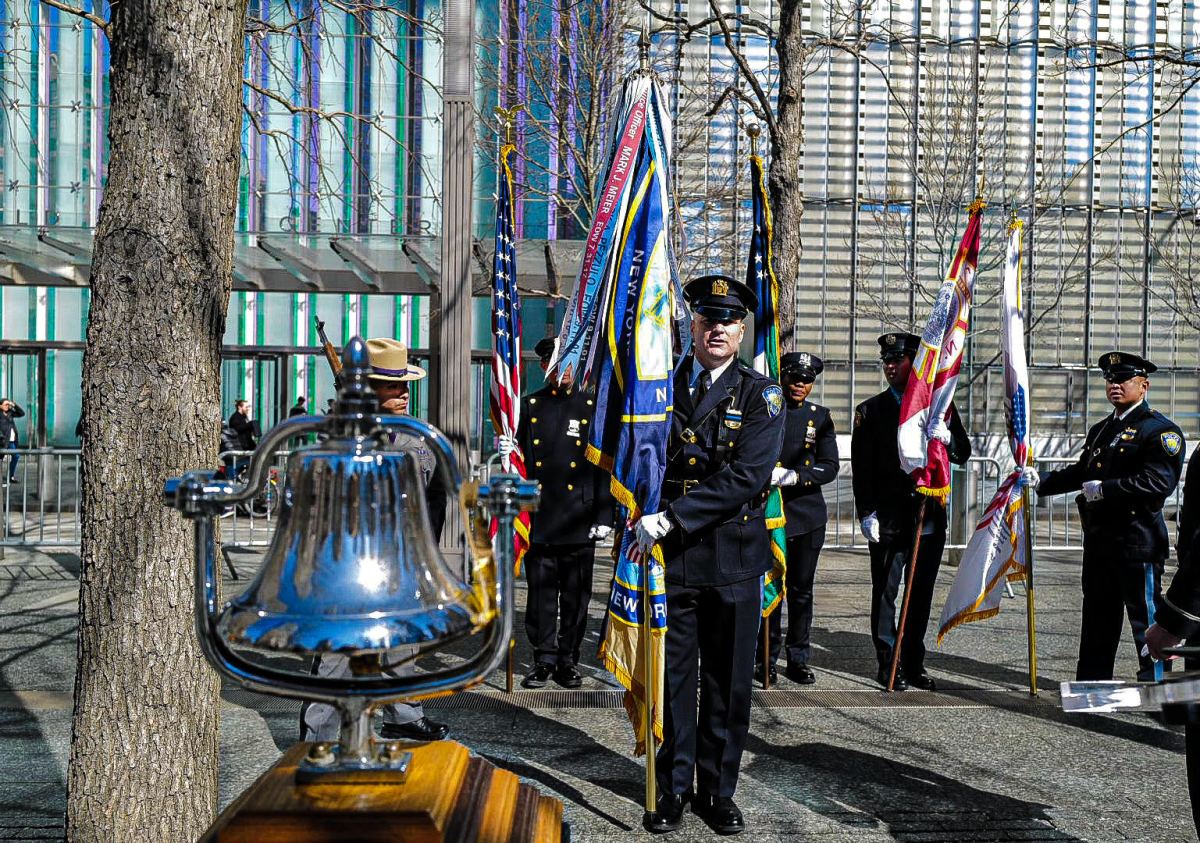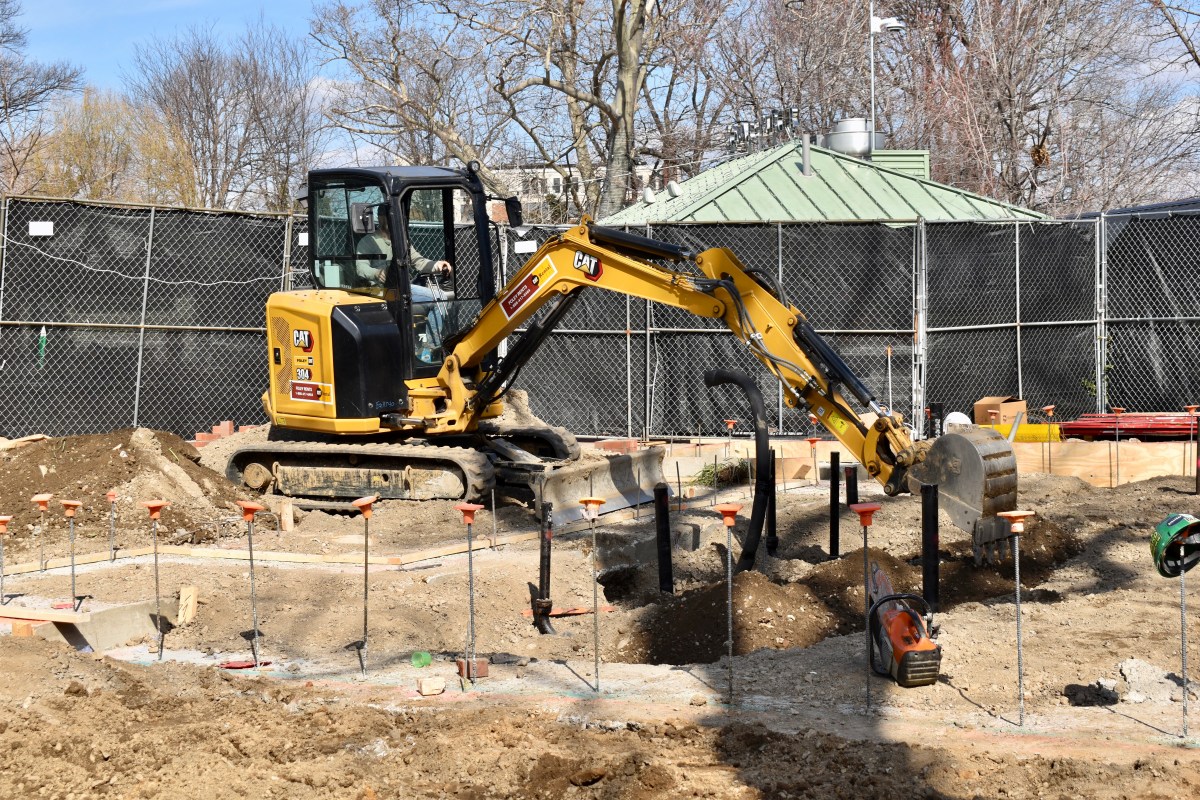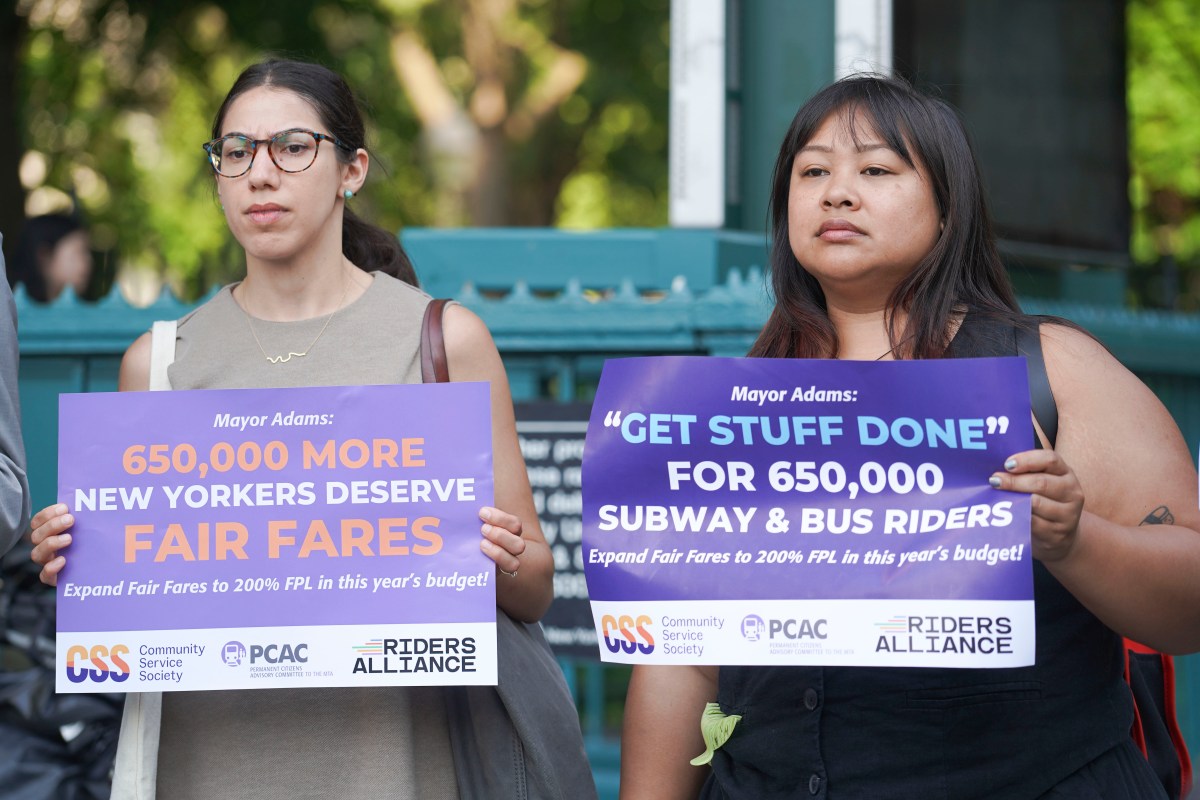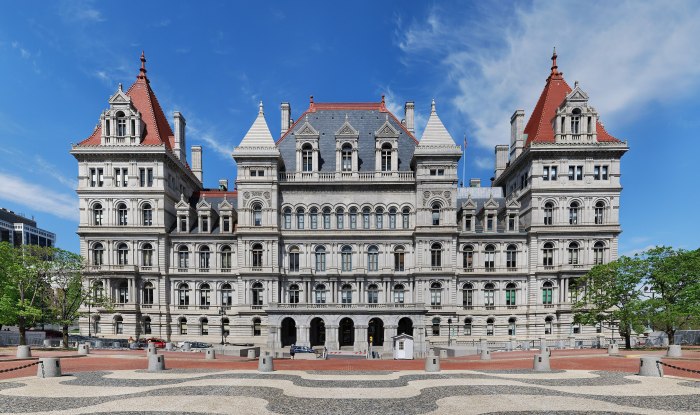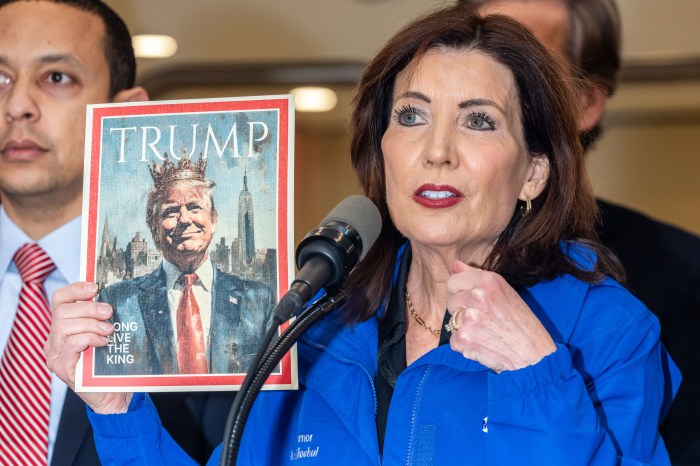MOSCOW (Reuters) – Russia’s Vladimir Putin has been in power as president or prime minister since 1999 and has held talks with and seen four U.S. presidents leave office.
Joe Biden, whom the Russian leader is meeting in Geneva on Wednesday amid strained relations, is the fifth U.S. president Putin has dealt with.
Here’s a brief history of Putin’s working relationship with U.S. leaders.
BILL CLINTON
Clinton visited Moscow for talks with Putin in June 2000 towards the end of the U.S. leader’s time in office and close to the start of what has turned out to be a marathon stint in power for the Russian leader.
Footage from the meeting shows the two men looking relaxed as they chat, though relations were strained at the time over the way in which Russia was prosecuting the second Chechen war, NATO air strikes against the then Yugoslavia the previous year, and U.S. plans for an anti-missile system.
GEORGE W. BUSH
Bush and Putin held their first summit in Slovenia in 2001, which appeared to go well. Bush told reporters after the talks: “I looked the man in the eye. I found him to be very straightforward and trustworthy. We had a very good dialogue and I was able to get a sense of his soul.” Putin also thought it went well, calling the meeting open and trusting.
The two leaders held another summit in Slovakia in 2005 that went less smoothly. Bush subjected Putin to a public lecture on the fundamentals of democracy at a joint news conference. A visibly irritated Putin complained that “new problems” should not be created that could jeopardise U.S.-Russia ties.
BARACK OBAMA
Putin in 2009 was prime minister but still regarded as Russia’s paramount leader despite the elevation of his close ally Dmitry Mevdedev to the presidency. Obama held breakfast talks with Putin outside Moscow in July that year at one of his residences.
Obama praised Putin’s achievements, attempting to mend fences after criticising him for Cold War thinking, and Putin declared himself satisfied with what he called substantive talks.
But Obama’s aides said afterwards that Putin, who looked tense during the talks, had subjected Obama to a long monologue about Russia’s world view. Ties were strained at the time over the brief 2008 Russia-Georgia war, which saw Russian forces go on to garrison one fifth of Georgia’s territory.
After Russia annexed Ukraine’s Crimea, backed a separatist uprising in eastern Ukraine in 2014, and intervened in Syria in 2015 on the side of Bashar al-Assad, the Putin-Obama relationship entered the deep freeze. Moscow was no longer in the G8 but contending with punitive sanctions instead.
DONALD TRUMP
Putin was encouraged by Trump’s pre-election promises to rebuild ties with Russia, and praised him publicly while many Russian officials were openly relieved that Hillary Clinton, whom they regarded as more hawkish on Russia, had not won.
But U.S. accusations that Russia had interfered in the 2016 U.S. presidential election to try to help Trump win, something Moscow denied, killed off Russia’s hopes of any breakthrough and ties deteriorated from then on with Trump fighting off accusations of collusion with Moscow.
Putin blamed a shadowy U.S. establishment for making sure Trump’s hands were tied when it came to Russia, while trying to maintain a working relationship with Trump.
A 2018 summit in Helsinki was marked by bonhomie, but sparked a storm of criticism in the United States after Trump refused to blame the Russian leader for meddling in the 2016 U.S. election and was seen as soft on Putin.
Trump later said he had misspoken and accused “some people” of hating the fact that he got along with Putin.
JOE BIDEN
Biden has been keen to show U.S. voters that he is taking a tougher approach to Russia than his predecessor.
In March, he said he agreed with the idea that Putin was “a killer”. That prompted Moscow to recall its ambassador to Washington for consultations and the U.S. ambassador to Russia later returned to Washington for talks.
Both leaders say they want to try to do business however when it is in their mutual national interest.
They disagree on many issues however:
(Reporting by Andrew Osborn; Editing by Giles Elgood)

